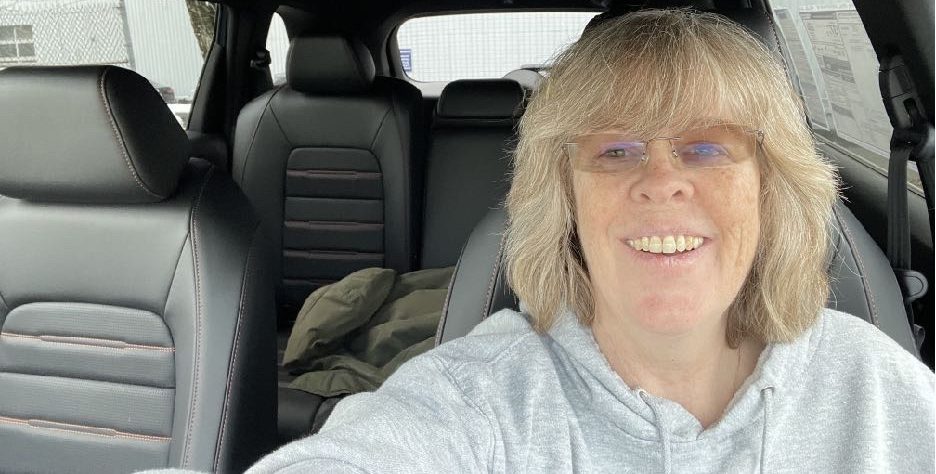OCD Isn’t Just About Germs.
After a three-week wait, we went to see a new therapist for Shane.
Shane’s first therapist was fine. He took insurance, which made him free to us for a long while. That was a huge plus. But sometimes it felt like he was reading his treatment plans from a book – like he didn’t really know Shane. He just kept forcing Shane to do uncomfortable things related to germs.
The treatment concepts were correct. But OCD isn’t just about germs. In fact, while Shane does have some issues with germs, the entire base of his OCD is unrelated. Shane has an illogical sense that everything he does could inadvertently hurt someone else.
I scoured the internet trying to find information about Shane’s particular malady. The diagnosis of OCD definitely fit, but Shane isn’t all about hand-washing and checking to be sure the oven is off.
The OCD stereotype doesn’t fit Shane. That’s not his kind of OCD.
Shane feels guilty for things he doesn’t do. He feels guilty for things he thinks he might do. He feels guilty for things he thinks he might have done that haven’t even actually happened. And he spends a lot of time confused as to if he should feel guilty, because his brain is telling him that he is guilty as sin.
I found the term “scrupulosity” on the web. It’s a form of OCD where the sufferer believes he must atone for every sin in some sort of religious atonement. That was as close as I could get to “diagnosing” Shane’s particular OCD – but Shane really didn’t have a religious component to his thoughts. And his first therapist didn’t help when I mentioned “scrupulosity” to him. He changed nothing about treatment.
We spent two hours with the new therapist – not the old lady who didn’t listen to Shane, and not the writer of Shane’s prescription.
We spent two hours with a man who listened to Shane, who heard what he said, who wrote down appropriate notes, and who actually understood what Shane was doing. He understood what Shane was saying. He got Shane.
About 20 minutes into the session – which included me – I practically saw a light bulb go off above the psychologist’s head. I think the new therapist recognized that Shane was bright, and that he was going to understand more than some kids might. He started talking to Shane like the young adult that he is, and Shane responded in kind.
Sometime during that two hours, the new therapist said two terms that struck me: “hyper-responsibility” and “responsibility OCD.” I had never heard either, from any other licensed person, or in all of my internet research. So I typed those terms into my phone for further investigation.
I liked the new guy, but I wanted to see what Shane thought. So at the end of the session, I texted Shane when the therapist stepped away for a moment.
This guy? Or the one you’ve been seeing? I asked.
This guy, Shane texted. There was no hesitation.
As we were leaving, the new therapist said, “Sometimes it’s difficult to transition from one therapist to another, so…”
Shane – who rarely interrupts – interrupted. “I felt more comfortable with you in five minutes,” he said, “than I felt with the other guy – ever.”
So Shane got a new therapist.
When I went home, I studied Responsibility OCD online. Everything I read about Responsibility OCD describes Shane’s ailment impeccably. It’s exactly what Shane has.
And it’s exactly – now, finally – what we’re going to treat.
The Prozac is still unopened.
